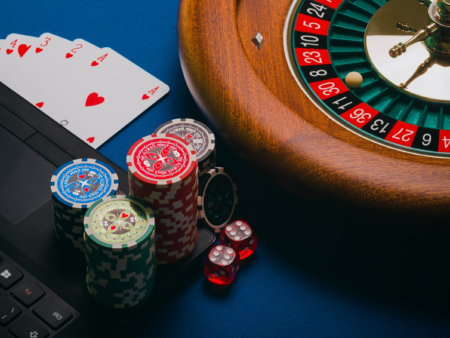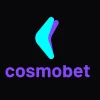A Dutch journalist tested licensed gambling operators in the country, losing €1,000 from his own pocket and proving their failure to prevent gambling addiction. Jeroen van Bergeijk, a journalist from De Volkskrant, was tasked with examining how licensed gambling operators in the Netherlands comply with their obligations to prevent excessive losses and combat gambling addiction.
Previously, representatives of the Dutch gambling regulator (KSA) proposed conducting such “mystery shopper” tests, but local parliamentarians rejected the idea. As a result, the press took on the task. The results of the experiment were dismal. In just over a month, van Bergeijk lost €5,000 from the editorial budget and an additional €1,000 of his own money while gambling on the websites and apps of four licensed Dutch operators: TOTO, Unibet, Holland Casino, and 711.
During the process, in which the journalist initially simulated and then began to display behavior associated with gambling addiction, he encountered a complete lack of measures to prevent further losses. None of the operators attempted to intervene, even as clear signs of addiction and reckless betting became evident. Over the course of the experiment, not a single operator offered the journalist help. He only received sporadic automated reminders. Deposit limits were raised upon request, although, by regulation, they should have been blocked. The system displayed inaccurate information about the time spent playing and the amounts lost. In TOTO’s live casino, the “live dealer” even encouraged players to bet their monthly salary.
The experiment concluded with van Bergeijk voluntarily enrolling in the Netherlands’ self-exclusion registry (Cruks) for two years to halt his gambling attempts. In response to the article published in De Volkskrant, the operators mentioned in the investigation claimed that the journalist’s behavior on their websites was within normal limits and did not warrant any intervention.






